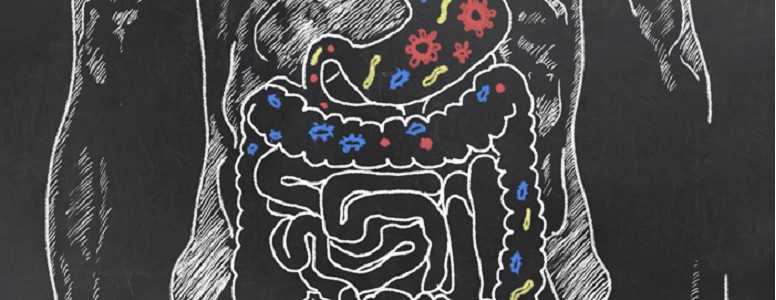Researchers from Jilin University Hospital, in Changchu, China, have studied the impact of gut hormones in weight management and appetite regulation following different diets.
Previous research suggest that changes in gut hormones result in weight-loss maintenance after bariatric surgery for people with type 2 diabetes, whereas they tend to favour increased appetite and weight regain after diet-induced weight loss.
The aim of this new study was to review the research into gut hormones, involved into the main appetite signals and their modifications after body weight loss with diet.
The hormones studied include those released from the GI tract, such as ghreli, glucagon like peptide 1 (GLP-1), peptide YY (PYY), cholecystokinin (CCK) and glucose-dependent insulinotropic polypeptide (GIP), and amyloid polypeptide (IAPP) from the pancreas.
All of these hormones have an impact on energy balance mainly by either inducing appetite (ghrelin), slowing gastric emptying (GLP-1, CCK, IAPP) or modulating neuronal activity within brain regions involved in reward processing (PYY).
In total, 16 studies involving 656 participants were reviewed. According to findings, after diet-induced weight loss, there is a general trend towards persistent decreases in PYY and GLP-1 levels as well as increased appetite up to one year after weight loss.
Some of the studies reviewed showed that alterations in gut hormones not only correlated with weight loss but also with improved insulin sensitivity, as evidenced by concomittant changes in HOMA-IR.
Furthermore, it seems that changes in gut hormones appear earlier than weight changes, suggesting gut hormone alterations may be initial factors rather than the results of weight changes.
Researchers found gut hormones to be differently affected by various diets, especially low-carb versus low-fat diets in relation to GLP-1 levels. One study found a significant decrease in GLP-1 levels with a low-fat diet while they remained stable on the low-carb diet.
A slight trend of lower total PYY levels correlating with greater weight loss was revealed. However, no difference was observed in total PYY levels between low-carb and low-fat diets.
The exact mechanism of how changes in gut hormones lead to satiation and weight maintenance is not yet fully understood. However, scientists know that it is for the most part mediated by the gut-brain axis.
Future work will be necessary to fully elucidate the role of each element of the axis, and whether modifying these signals can reduce the risk of obesity.
What's new on the forum? ⭐️
Get our free newsletters
Stay up to date with the latest news, research and breakthroughs.






